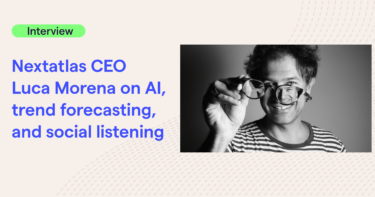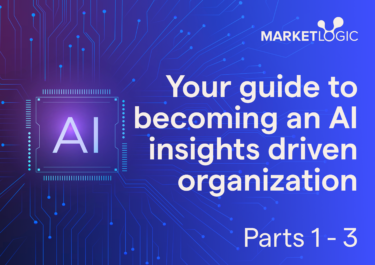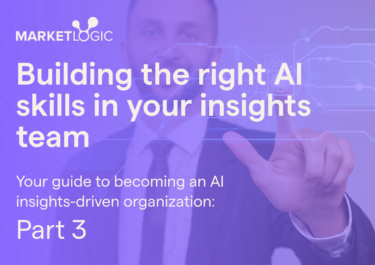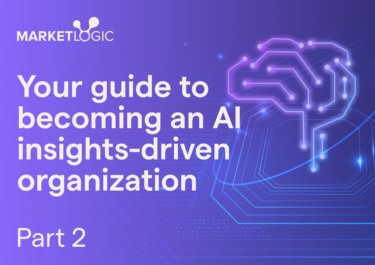
January 6, 2017
Read time: 4min

January 6, 2017
Read time: 4min
The reality is that too often, people just don’t want to share what they know.
This mentality can grow from a variety of unwieldy places in your organization. Perhaps, constraining knowledge is a power play. Or perhaps, people just want to control the interpretation of data – maybe they’re worried the research isn’t good enough for the spotlight. Likely, it’s a combination of all those things, but the important thing is to take action to mitigate all of those reasons.
Below are a few strategies I’ve seen to be effective and will give your organization a better shot at getting the best ROI on your market research:
When research is complete, take a few inspirational highlights and celebrate the journey of gaining those insights. You could bring the consumer to life with a video on loop in the cafeteria, have an infographic created, and create a giant poster to hang in the coffee annex. Find a way to make research physically visible and encourage people to go find more. This will not only make people feel better about sharing research and insights on your platform, but it will also inspire people to be more in the limelight and let their research shine. Make it an honor or maybe even a competition.
Take a page out of the Wall Street Journal’s Red Feed, Blue Feed and put research that conflicts or come to a different conclusion side by side. The purpose here is to get people curious and inspire them to dig in. Analysis of existing research is the first step to doing great research in the future. We know that research is a bit of an art, and it is important to talk about nuance. Consumer insights are not clean-cut, and it’s foolish to pretend that research will show a clean, straightforward story. It’s our job as marketers to take those insights (in context) and create a powerful strategy for our brands.
Altruism is not typically the most common modus operandum in corporate structures. We all know that knowledge sharing is incredibly valuable for organizations, but it’s rarely the best thing for the individual. With threats of layoffs and the looming potential of artificial intelligence, employees are rightfully wary of sharing their knowledge, lest they become obsolete. The reality is that, if you can entice people to share by making it personally beneficial, everyone involved will benefit.
Yes, of course, you can tie compliance with knowledge-sharing mandates into people’s year-end reviews, but more refined options do exist. Use gamification to reward people for sharing – institute a points system where people get points for every report and insight they share. Reframe the idea of “knowledge is powerful.” Shared knowledge is power.
The more enjoyable and rewarding you make knowledge sharing, the more value you will get out of every piece of research you execute.

How is AI transforming roles, skills and capabilities in insights functions?

Interview with Nextatlas CEO Luca Morena

An introduction to gen AI for businesses. From RAG to LLMs — get the lowdown.

Exploring the Future of AI in Marketing: Integrating Insights into Business Systems for Enhanced Decision-Making.

To succeed in today's dynamic consumer landscape, your organization must be able to react faster…

How does this guide help you? In part 3 of our guide, we’ll delve into…

Learn the AI insights-powered enterprise systems architecture and processes.

Transform your organization with insights. Download this guide to find out how.